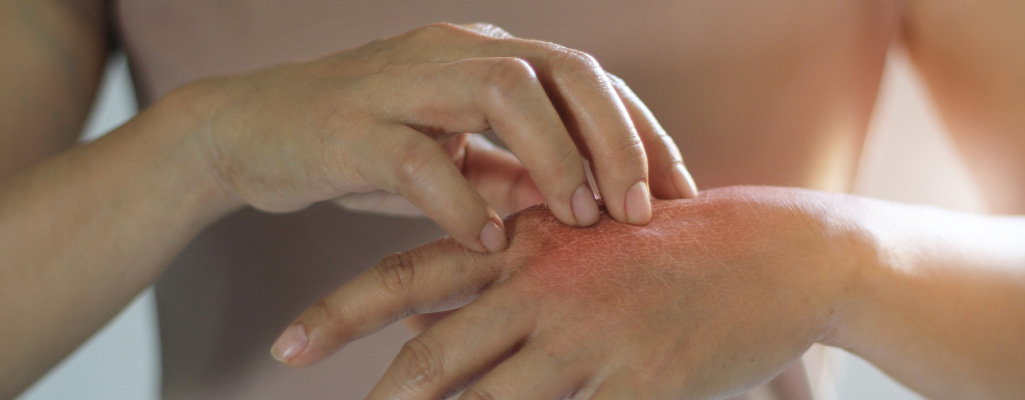Homeopathy sees allergies as resulting from an internal imbalance, especially of the immune system. Substances causing allergy symptoms in one person are harmless to someone with a healthy immune system. Homeopathy therefore aims to remove the individual predispositions that caused the allergies.
The homeopathic body of research has identified over a hundred remedies that are used to treat allergies and hay fever effectively. However, their indications differ, depending on the individual’s symptoms, and a remedy that’s right for one person may not be right for another.
It’s therefore best to consult a homeopath to ensure a positive and lasting result. The practitioner will prescribe an individually tailored course of treatment, based on medical history, constitutional traits and the allergy’s symptoms.
Homeopathic remedies are highly diluted natural substances, mostly plant and mineral. The pharmaceutical preparation process removes all toxic effects, so the treatments are easy, gentle and safe for all people, including children and pregnant women.

Allergies are a common condition that affects millions of people worldwide. They occur when the body’s immune system overreacts to a normally harmless substance, known as an allergen. Allergens can be found in many everyday substances such as pollen, dust mites, food, and animal dander. In this article, we will discuss the different types of allergies and their symptoms.
- Environmental allergies: Environmental allergies are caused by exposure to allergens present in the environment. This can include pollen, dust, mold spores, and animal dander.
- Food allergies: Food allergies occur when the body’s immune system overreacts to a particular food. The most common food allergens include peanuts, tree nuts, fish, shellfish, milk, eggs, soy, and wheat. Symptoms of a food allergy can range from mild to severe.
- Drug allergies: Drug allergies occur when the body’s immune system overreacts to a medication.
- Insect sting allergies: Insect sting allergies occur when the body’s immune system overreacts to the venom of an insect such as a bee or wasp.

Contact allergies:
Contact allergies occur when the skin comes into contact with an allergen such as poison ivy, latex, or certain metals like nickel.
Some symptoms of allergy
- Itchy, watery eyes
- Runny nose or nasal congestion
- Sneezing
- Skin rash or hives
- Swelling of the face, lips, tongue, or throat
- Difficulty breathing or wheezing
- Abdominal pain, nausea, vomiting, or diarrhea
- Headache or dizziness
- Fatigue or weakness
Allergies can vary from mild to severe and can affect different parts of the body. It is important to recognize the symptoms of an allergic reaction and seek medical attention if necessary. Treatment for allergies may include avoiding allergens, taking medication, and in severe cases, receiving allergy shots. If you suspect you have an allergy, consult with a healthcare professional for proper diagnosis and treatment.

